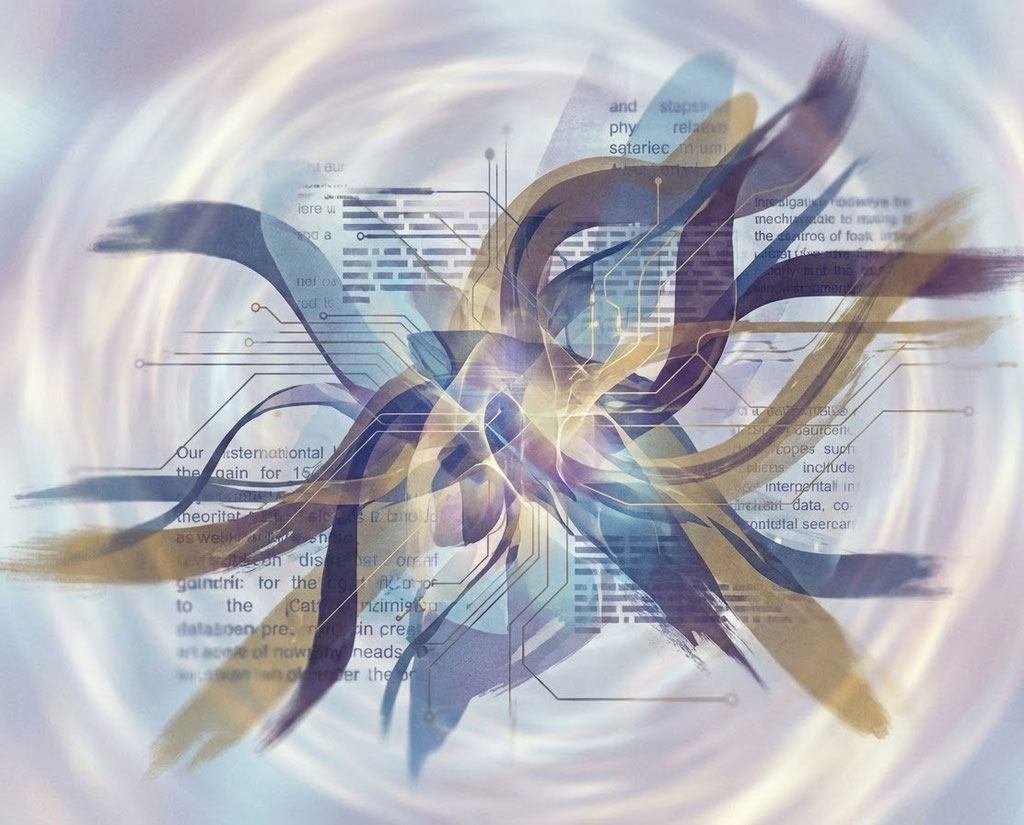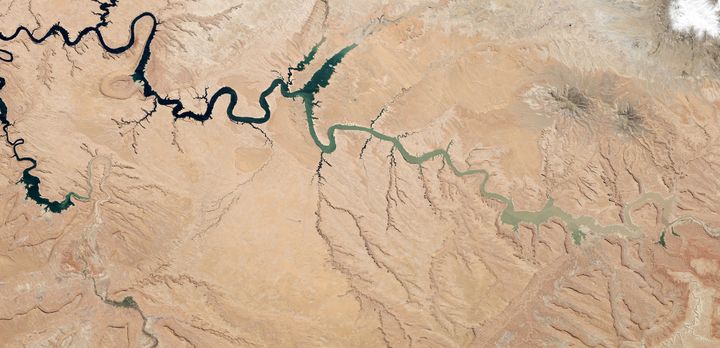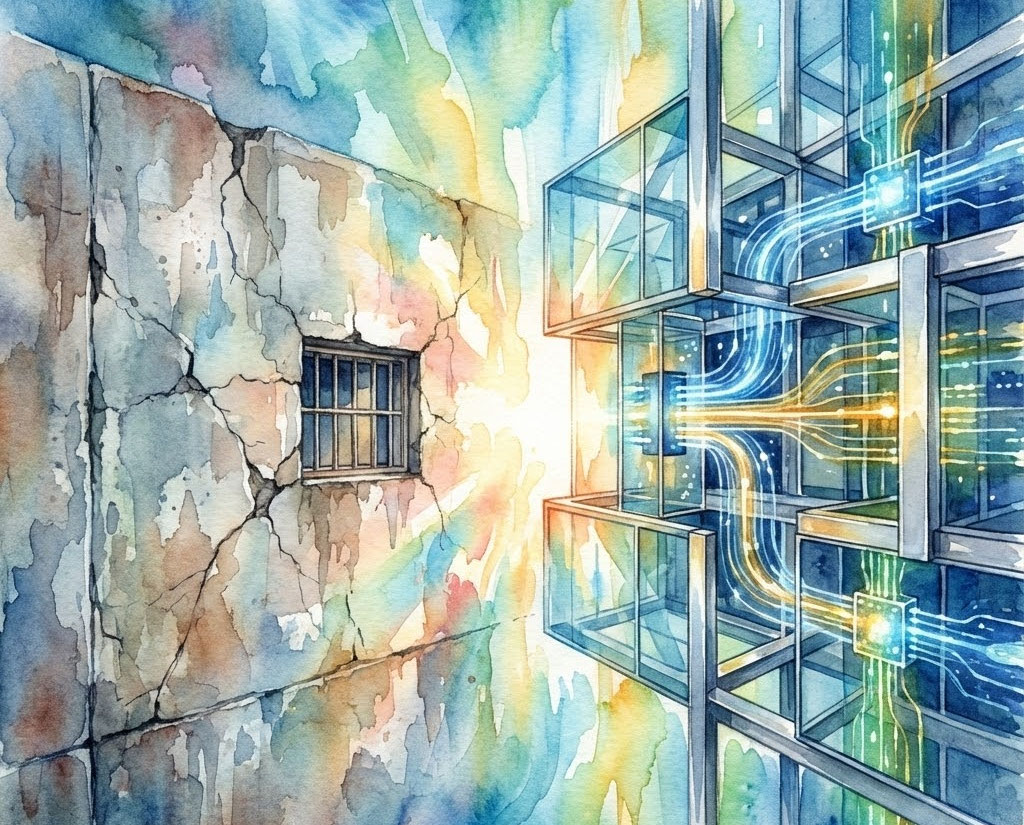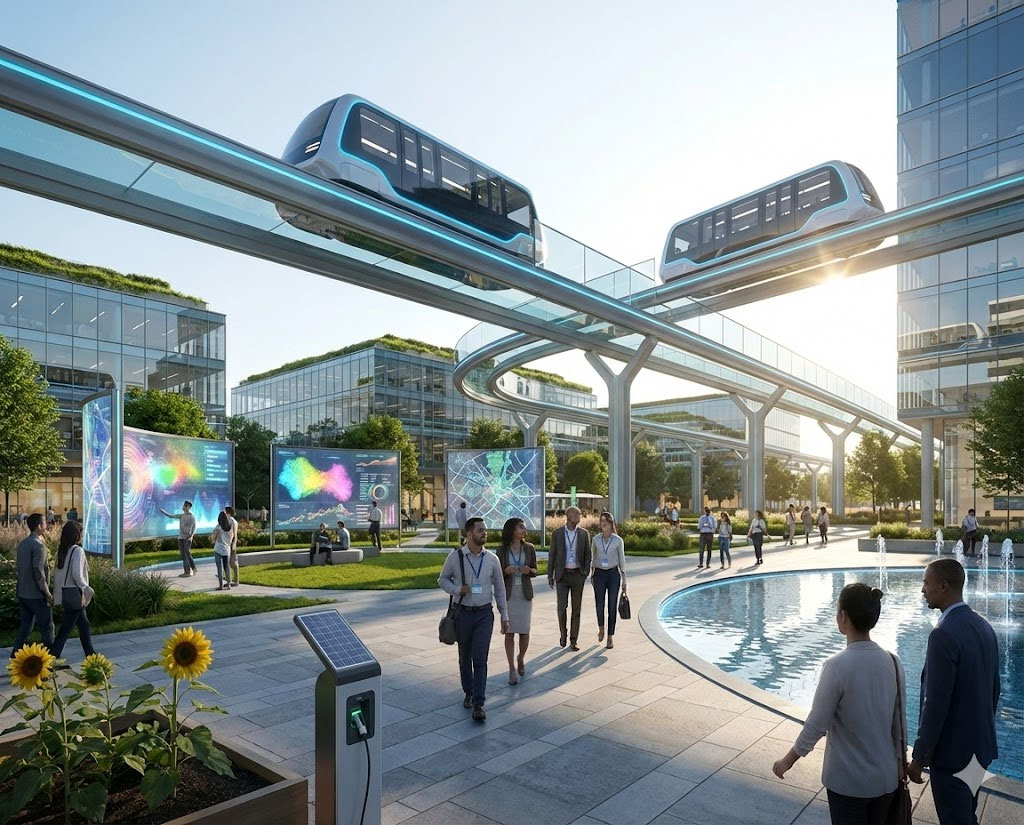
Water covers 70% of our planet. That’s a fact. Sounds like a lot, right?
While Earth indeed has plentiful water resources, most of them are not for the taking. Of this 70%, only 3% account for freshwater, i.e. water we actually need. Worse still, most of these volumes are hidden in ice caps or underground, effectively impossible for us to reach.
All the rivers and lakes - all the bodies of water that cover our planet like a big blue network - barely make up for 0.01% of all freshwater on Earth. And this is, mostly, where we have to draw our water from.
There’s some food for thought next time you’re lounging in the bathtub.
As you might have heard, approximately 1.2 billion people (that’s four times the population of the United States) lack access to safe water. Twice that, a total of 2.4 billion people, experience inadequate sanitation, an issue that often leads to drinking water contamination. Not a pretty picture.
The situation grows more dire all the time. At the current consumption rate, two-thirds of the world’s population will experience water shortages by 2025, with Climatte Change effects expected to substantially increase the spread of water-borne diseases as well as the potential for severe droughts around the globe.
At this point, you might be asking yourself “How can we possibly let this go on without a sweeping, world-changing solution?” If you were, congrats -- you’re 100% on track with the folks at XPRIZE, seeing as just as recently as March 22 (World Water Day!) it was announced that XPRIZE India’s first Grand Challenge is set to address water.
Here’s a quick video from XPRIZE:
There's no lack of NGOs attempting to raise funds and address many of the issues at the cause of drinking water scarcity: charity:water, Miya, Water.org, and Columbia Water Center, just to name a few. To really address the issue, however, we'd do best to go beyond the philanthropic model. Yes, money for infrastructure helps. Yes, volunteers willing to travel across the globe to dig ditches are a tremendous asset. When we get to fundamental causes, however, it's clear that the simplification and scalability that can only come from innovation is closer to the proverbial silver bullet.
This is true not just for access to drinking water, but most of the persistant, crisis-level problems throughout the world. Many of them have had multiple decades of awareness and effort. What's still needed in so many cases, however, is a viable answer.
Before we dig into the white paper and arm ourselves with engineerings and 3D models, someone has to design the framework for a solution.
That's where you come in.
Problem, schmoblem -- after all, we have the internet! Right? Get over here, future Visioneers, and tell us why you are going to be the one to dream up the next XPRIZE competition. The world is waiting.








